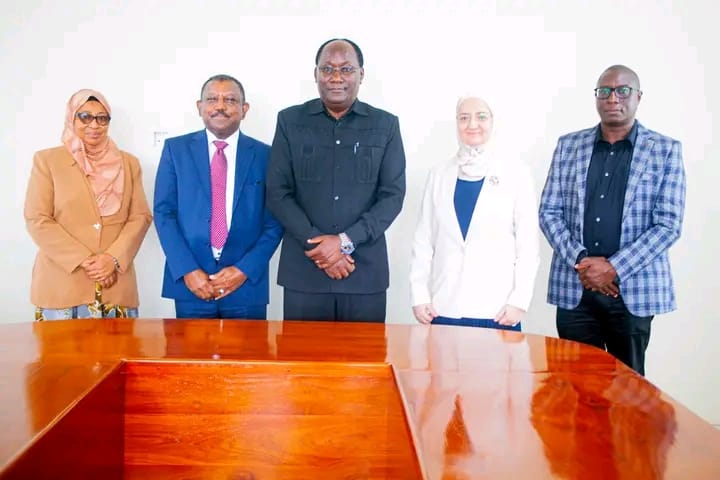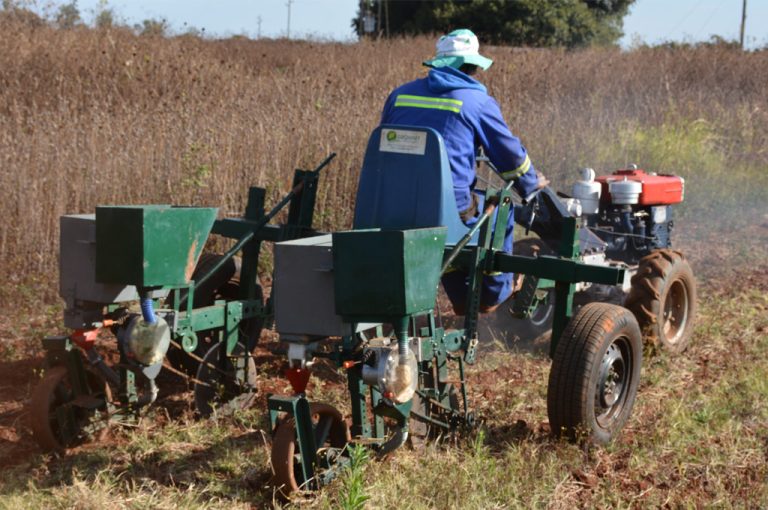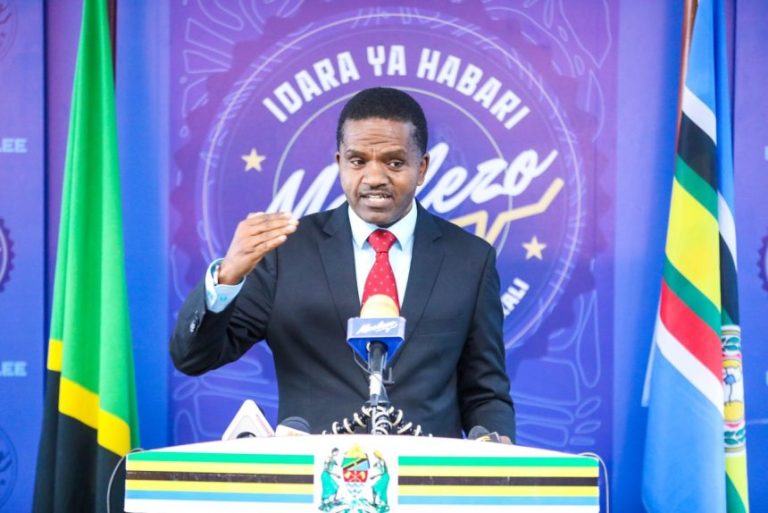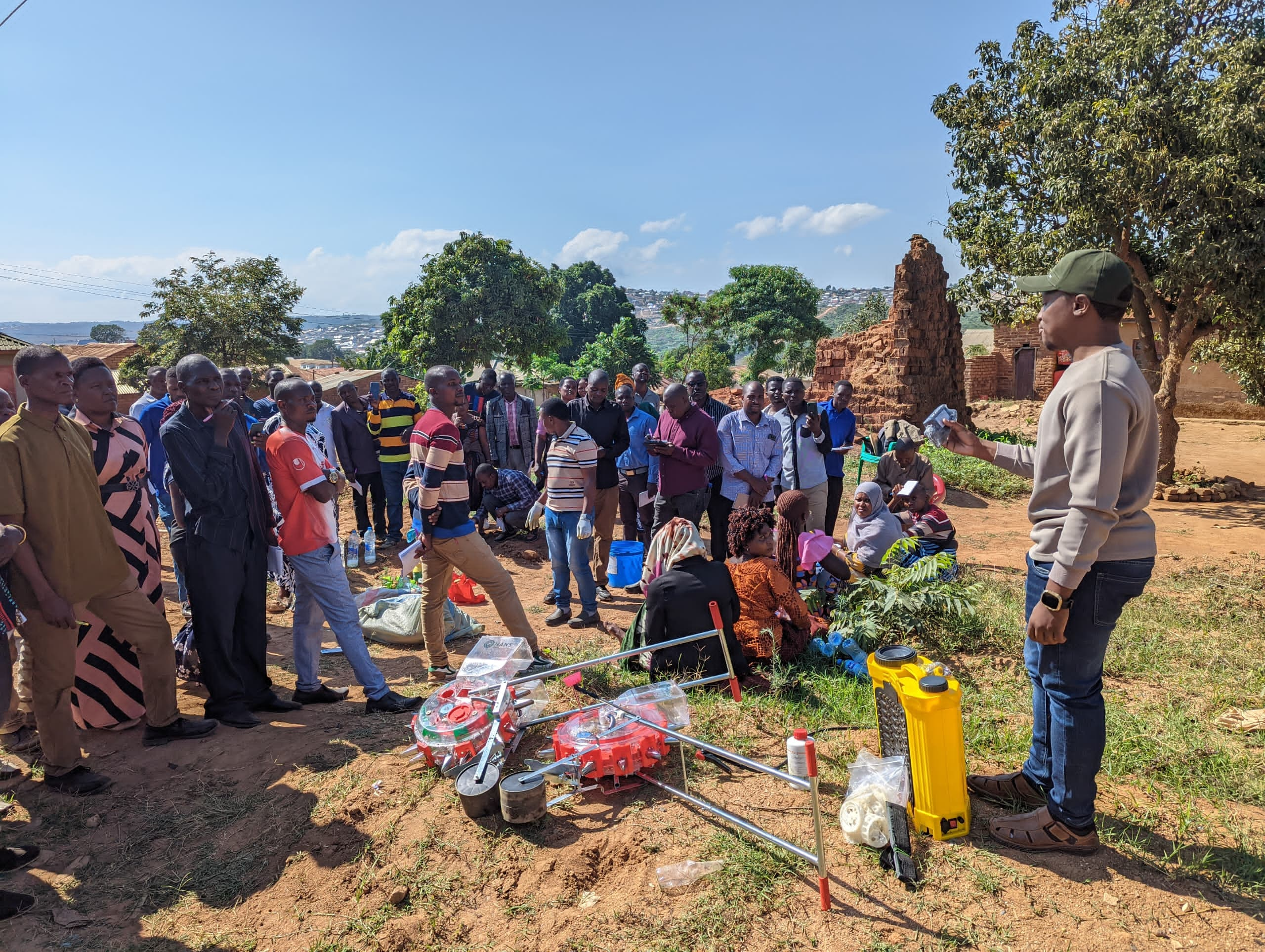
The regions under the implementation of the project are those with high prevalence of food insecurity and malnutrition
By Senior Reporter VALENTINE OFORO
THENetherlands Development Organization (, SNV) in Tanzania is bridging efforts with like-minded organizations to implement a robust agri-food project aiming to attain resilient food security for smallholder households in five key regions within the country.
Christened NOURISH Tanzania, the five- year (2024-2028) initiative is being implemented by SNV Tanzania in sync with Farm Africa, the Research, Community, and Organizational Development (RECODA), MIICO and T-MARC, and with expectations to positively impact 168,000 smallholder farmers, 100 MSMEs and farmer organizations, with special emphasis on vulnerable households.
The regions under the implementation of the project are those with high prevalence of food insecurity and malnutrition including Singida, Dodoma and Manyara (the central-northern zone) which suffers from acute food insecurity, as well as Songwe and Rukwa regions in the Southern Highlands which faces chronic malnutrition.
Briefing the Guardian over the project, Ms. Mary Rauscher, the team leader for NOURISH project from SNV Tanzania expressed that the project has been tailored to assist the smallholder farmer households in the selected areas who are heavily dependent on agriculture and face significant food insecurity and nutrition challenges.
“Research shows that the smallholder farmers in the regions in question often have low productivity due limited access and affordability of high quality inputs and extension services, and unpredictable weather patterns and rainfall is increasing smallholder farmers’ vulnerability,” she said.
Moreover, Ms. Rauscher itemized inadequate access to markets, insufficient knowledge on nutritional requirements, and gender inequalities as chief factors that fuels household nutrition.
To that end, she expressed that the project under the financial auspices from the Norwegian Agency for Development Cooperation (Norad) works to curtail the barriers to smallholder food security through three interconnected outcome pathways.
“The project’s first intended outcome is to achieve increased climate- smart and nutrition – sensitive productivity for at least 168,000 smallholder farmers households,”
“This will be possible as the project works to strengthen smallholder farmer climate-smart agricultural knowledge, skills, and access to inputs and finance,” she unveiled.
The project’s team leader detailed further that the initiative also targets to attain increased and diversified food to local markets, through fostering collaborations among market actors, promoting digital solutions, and empowering smallholder farmers and MSMEs.
“The other outcome we’re focusing to achieve is increased and diversified food supply to, and accessibility of nutritious food in, local markets by 168,000 smallholder farmers, and enhanced integration of 100 MSMEs into value chain business arrangements,” she added.
Together with that, she informed that the project, among others majors in promotion of nutritious diets, household food budgeting, and enabling women to have greater influence in household decisions in order to attain improved utilization of household’s resources to provide nutritious and diverse food.
“Improved utilization of smallholder farmer household resources to provide nutritious and diverse food to the 168,000 smallholder farmers is another achievement we need to achieve and we will be focusing on four high-potential value chains, including sorghum, sunflower, common beans and vegetables,” she stated.
Adding her voice pertaining to the runaway of the project, Ms. Neema Kimaro, SNV Tanzania Communication Officer said the initiative has so far conducted an array of training towards its beneficiaries.
“The project, through its involving local partners, RECODA and MIICO has conducted trainings towards the lead farmers, village and ward agricultural extension officers (VAEOs/WAEOs), covering key topics such as good agronomic practices (GAP), climate smart agriculture (CSA), soil and water management, post-harvest handling and demo-plot establishment,” she informed.
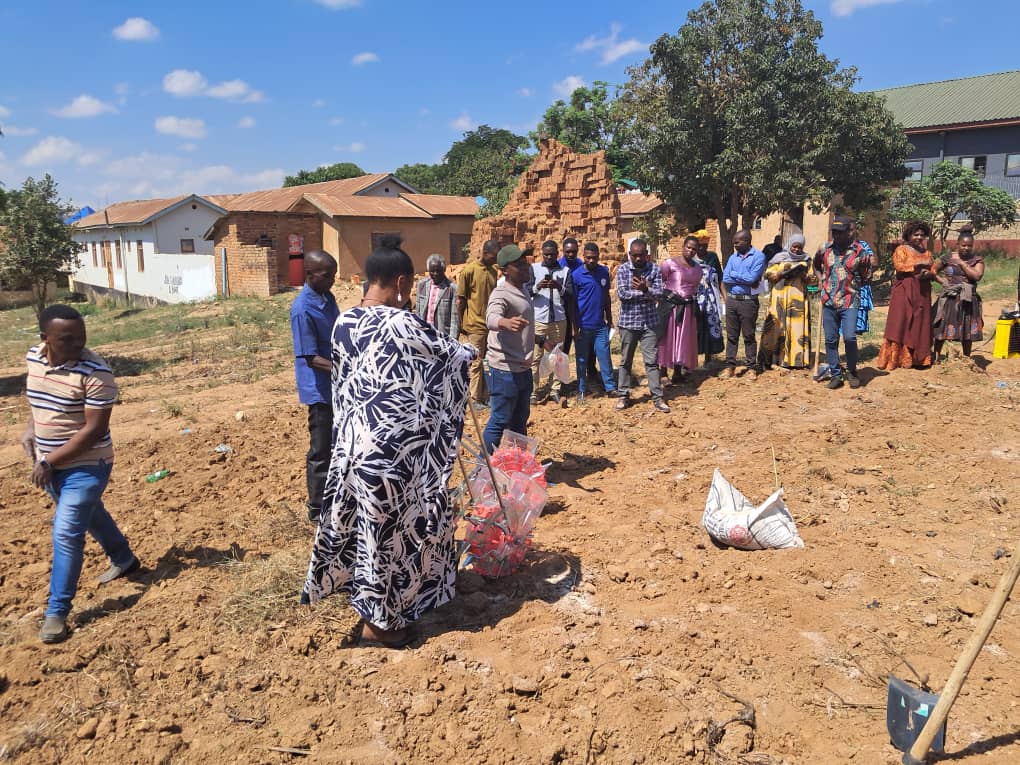
She expressed that through the program, a total of 478 lead farmers, 115 extension officers and 56 coaches were trained across the five target regions.
“Having been trained on these GAP practices, each of the lead farmers will now train around 50 smallholder farmers in their respective communities, however, they will also establish demonstration plots to showcase and guide the farmers to practice different techniques, as well as adopt recommended seeds and other best agricultural inputs,”she added.
In addition, she informed that the project has successfully managed to organize two trainings on soil health and management, saying the session was led by Tanzania Agriculture Research Institute (TARI), through which a total 115 ward agricultural extension officers (WAEOs) acquired crucial knowledge on soil testing techniques, interpretation of results and organic and non-organic fertilizer options.
“Currently, the project is conducting business to consumer meetings across Singida, Manyara, Dodoma, Rukwa and Songwe, where farmers are connected with seed and input companies, receive information on the available products and have an opportunity to purchase seeds,” she expounded.
Implementation of the five- year project , reflects key government frameworks and policies.
These, among others include the National Five- Year Development Plan, FYDP, III, (2021/22-2025/26), the Agriculture Sector Development Programme Phase II (ASDP II, 2018/18-2027/28), the National Climate Response Strategy (2022-2026), the Nationally Determined Contribution (2021), and the Nutrition – Sensitive Agriculture Action Plan 2022/2022-2025-26).



